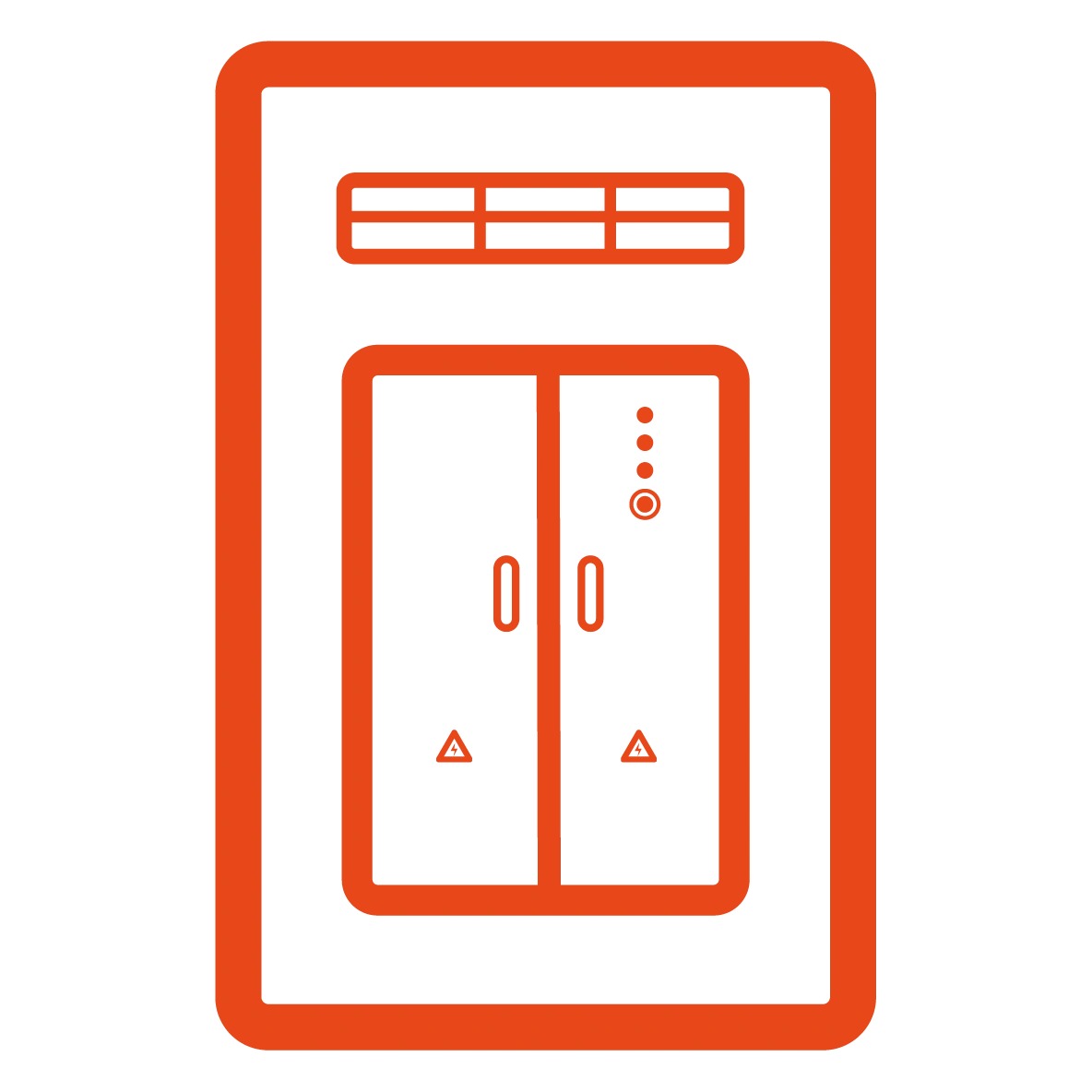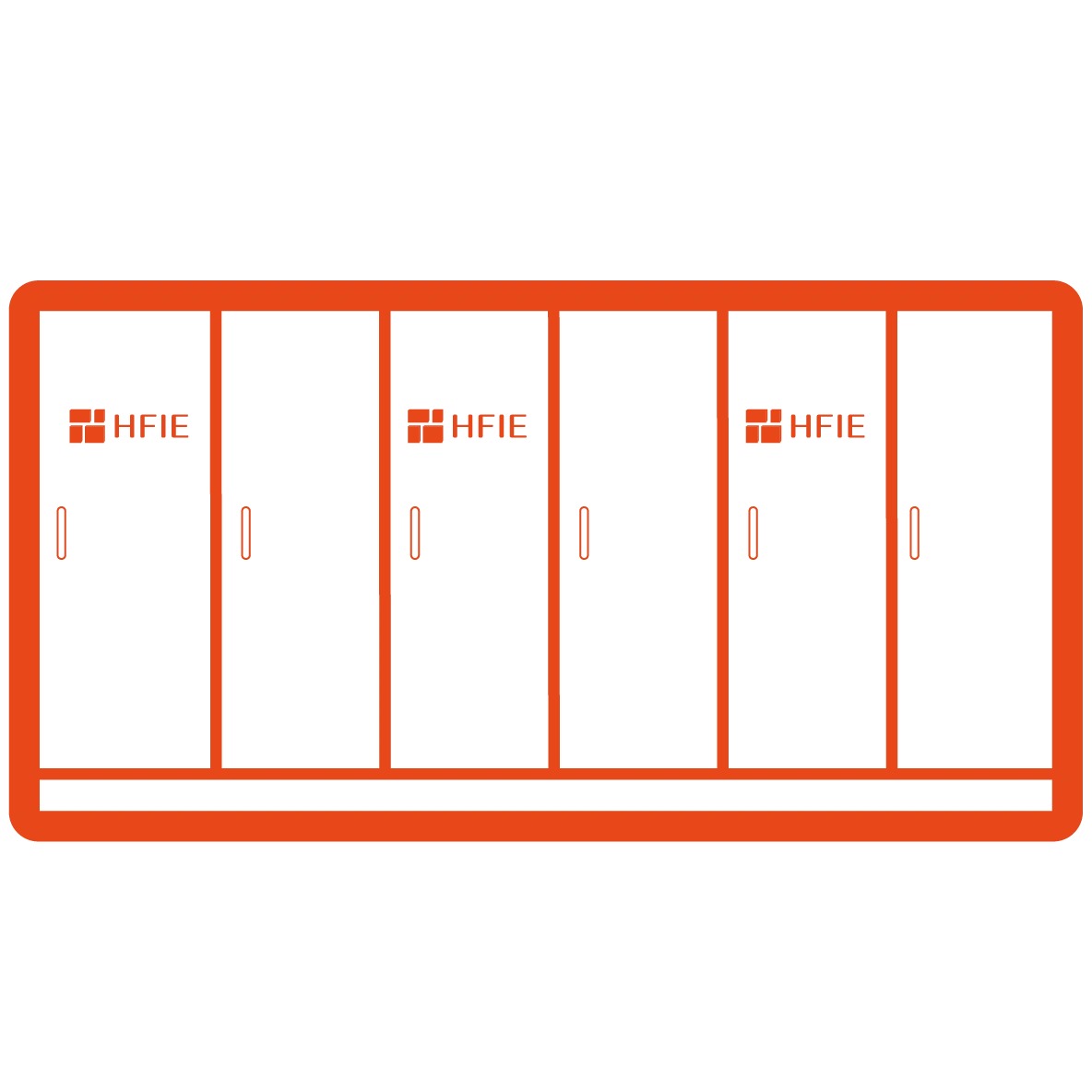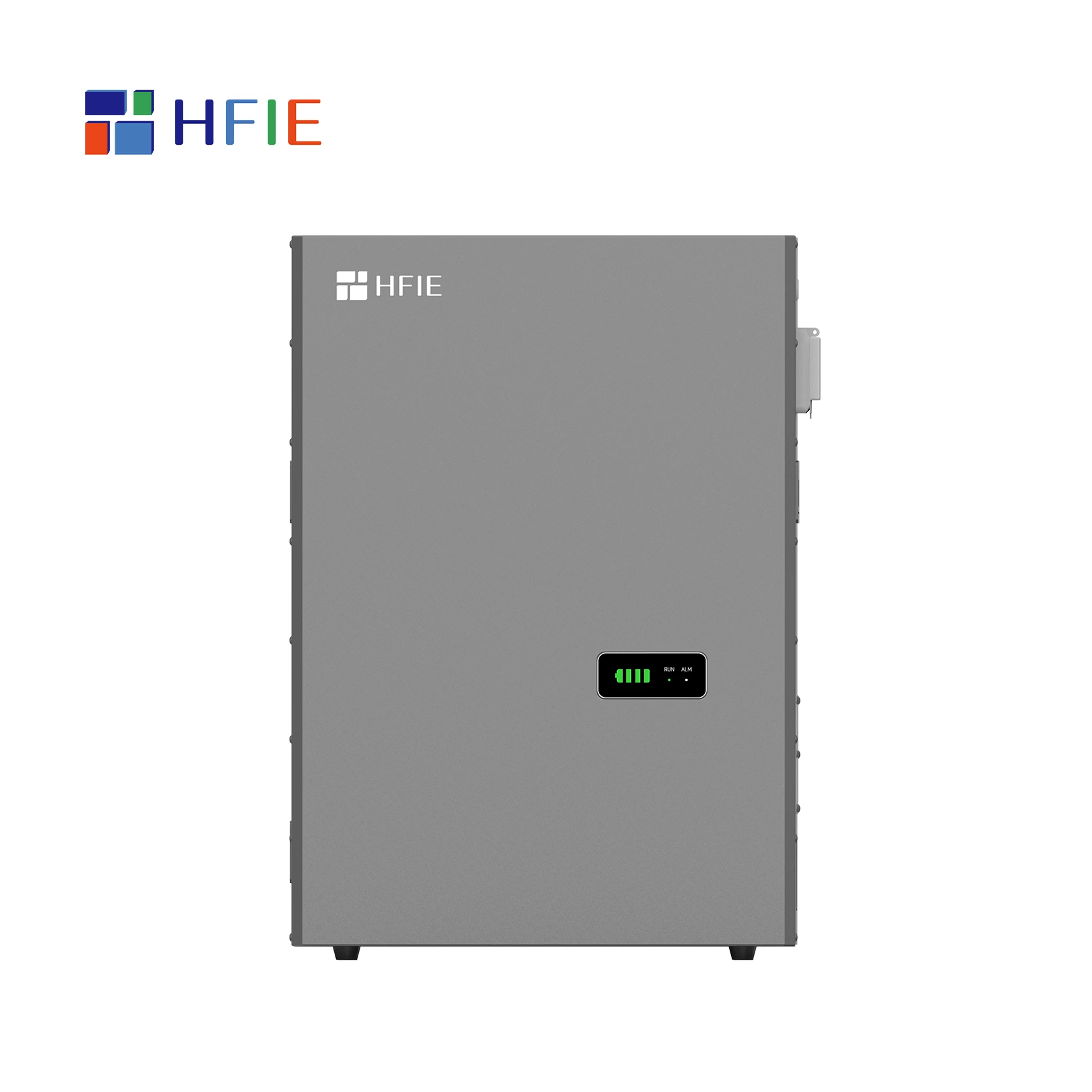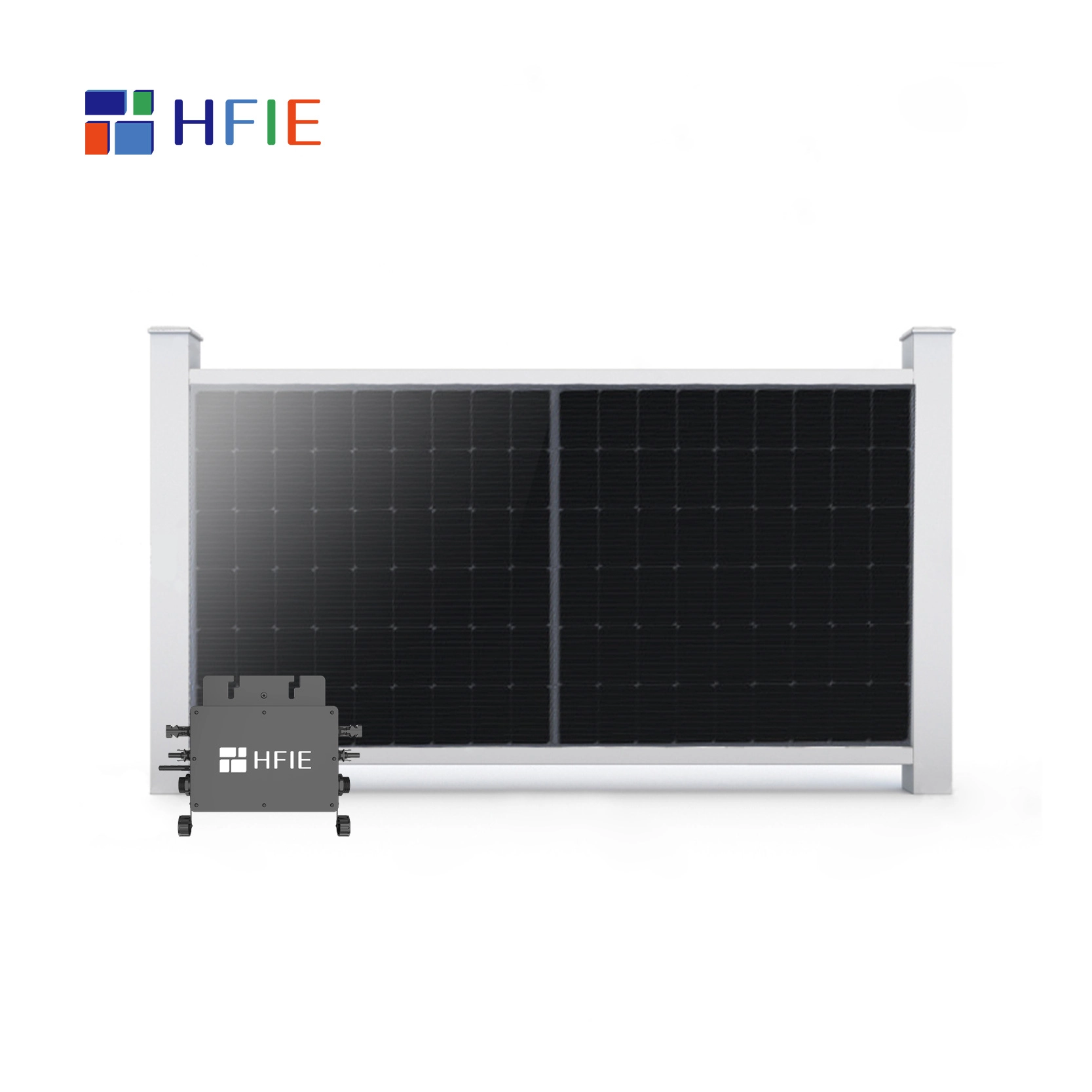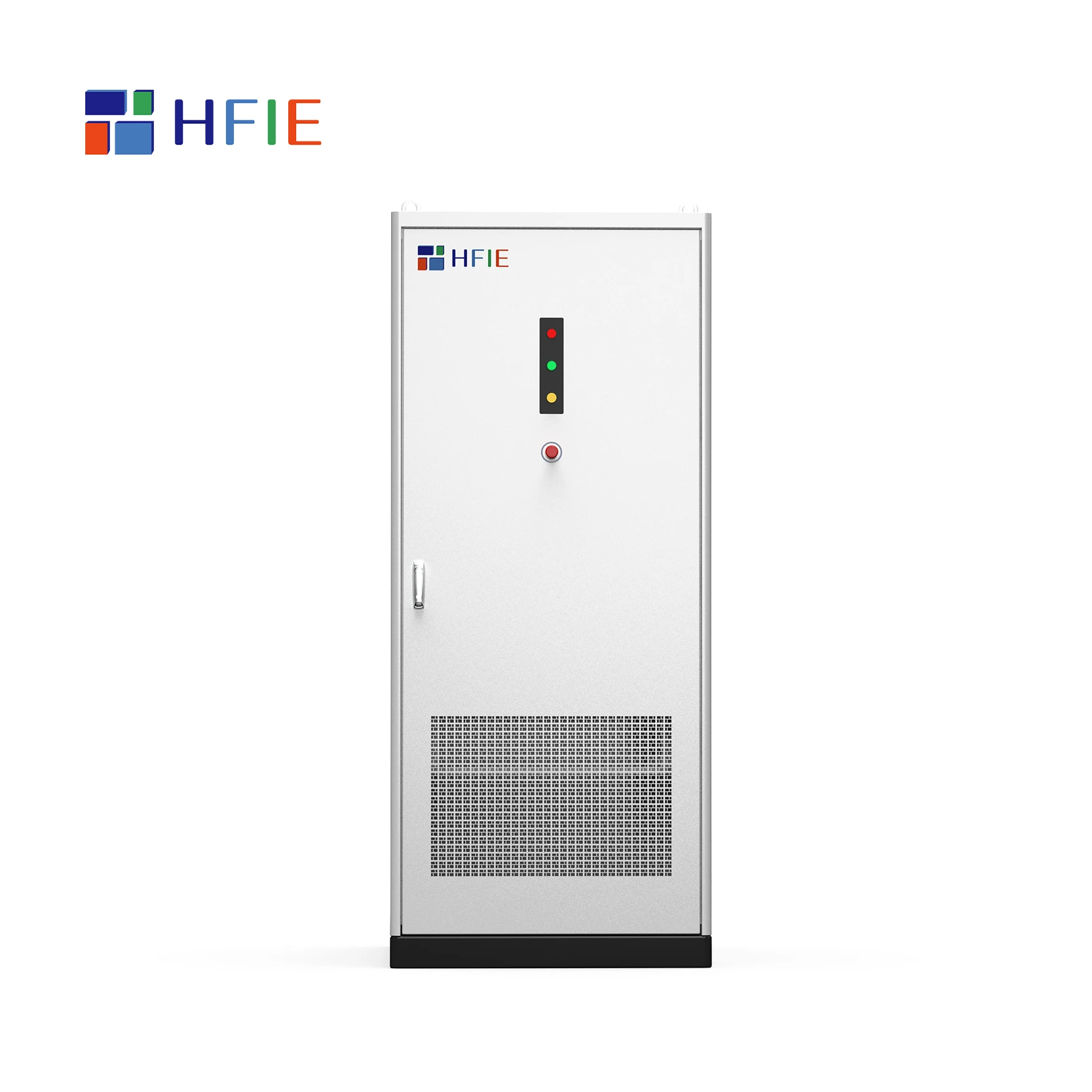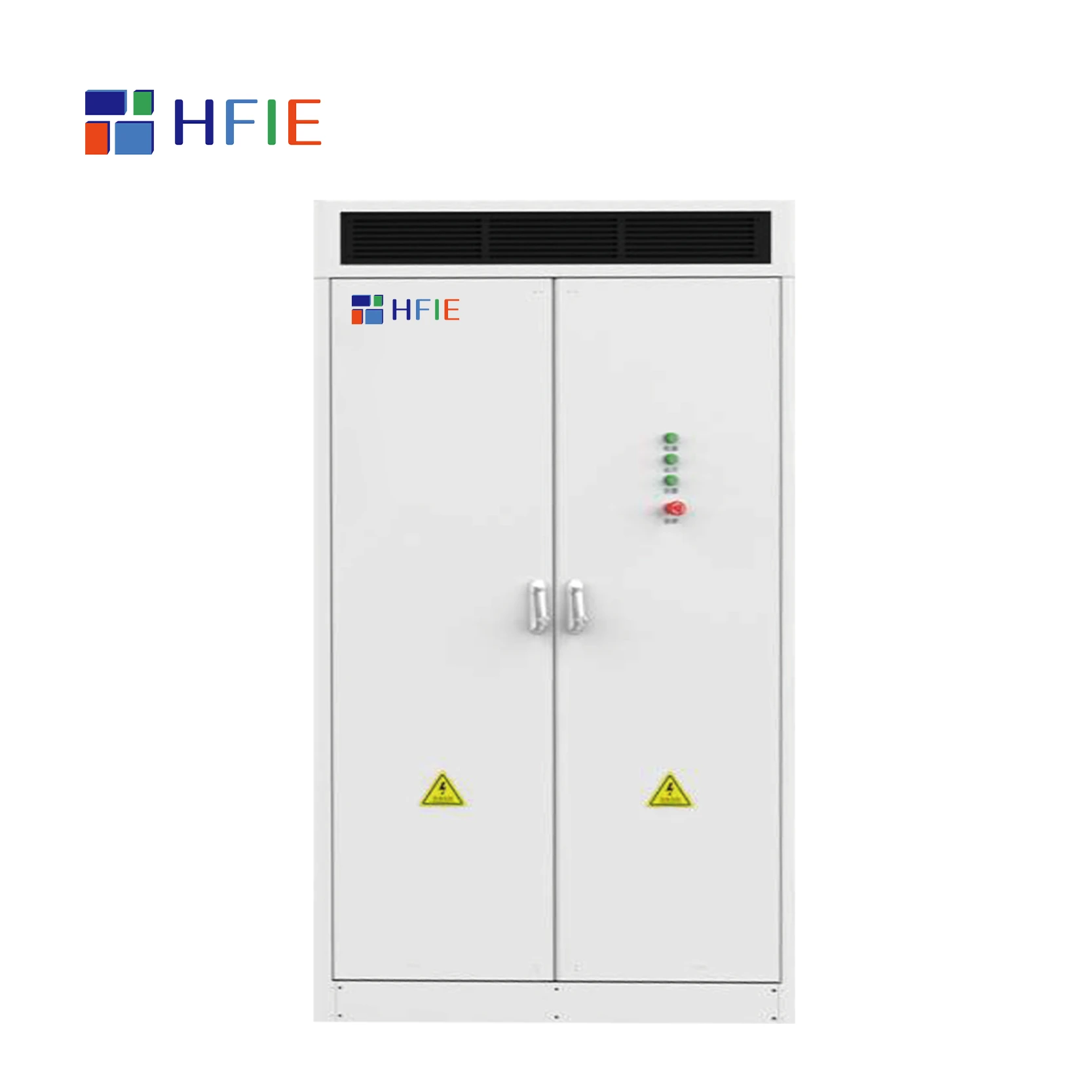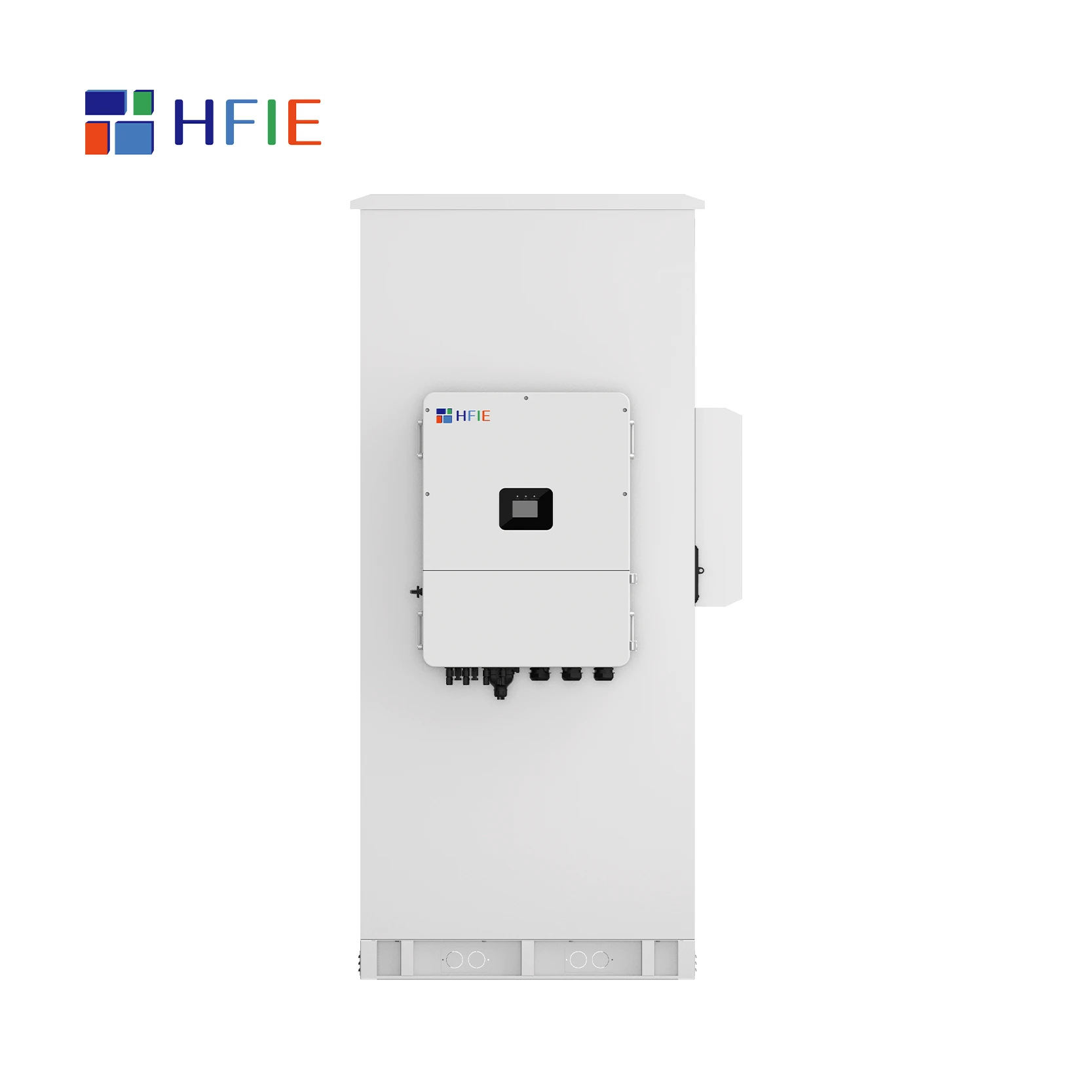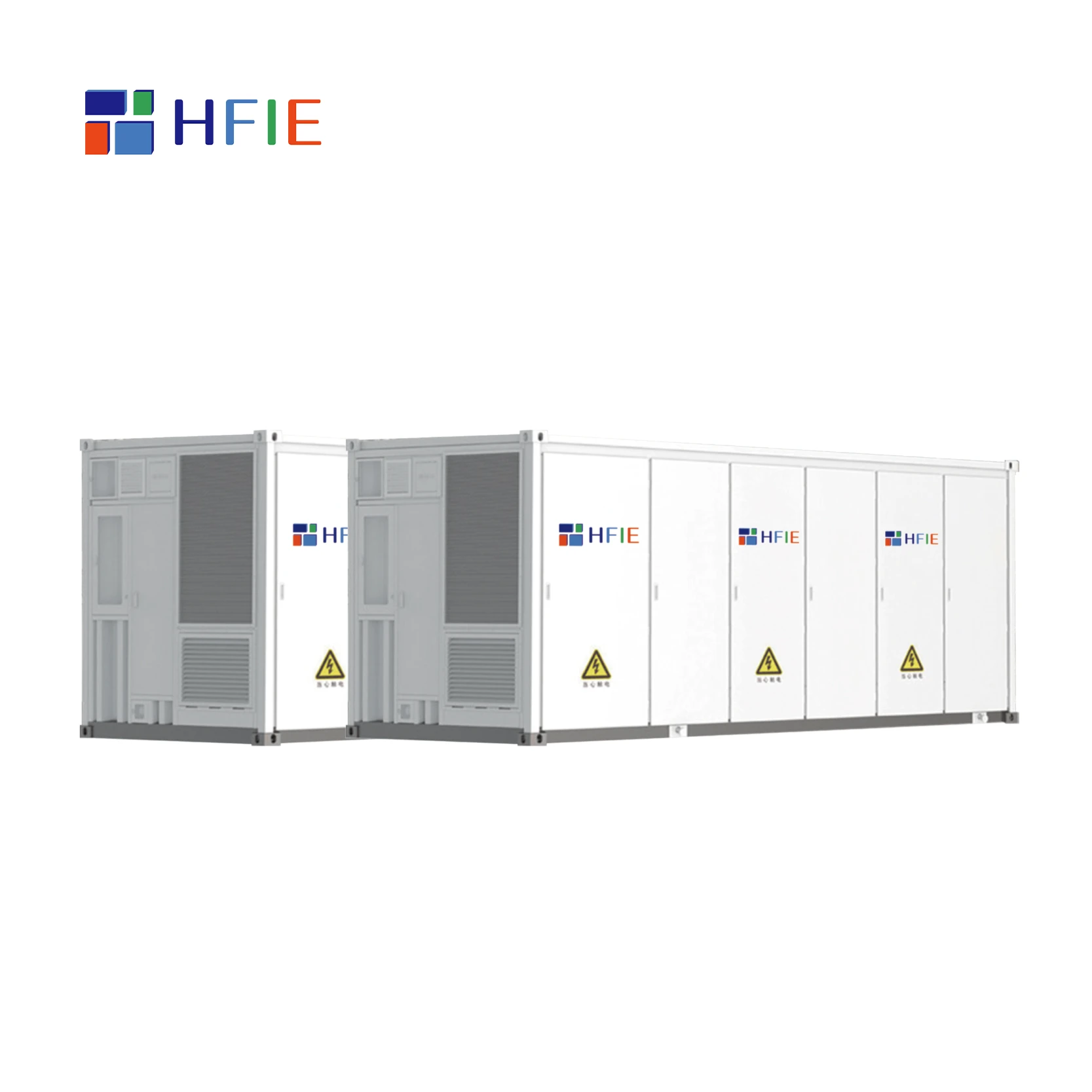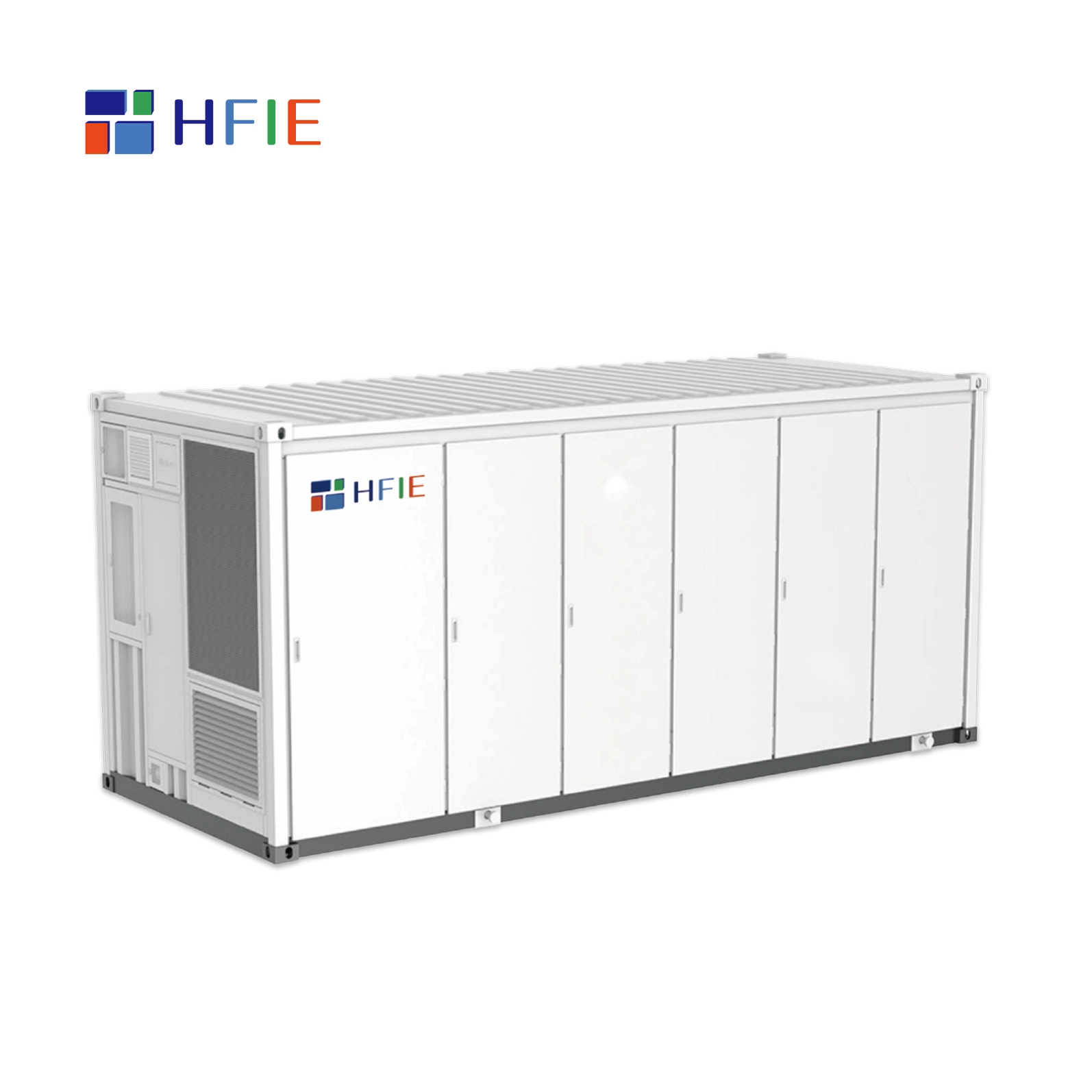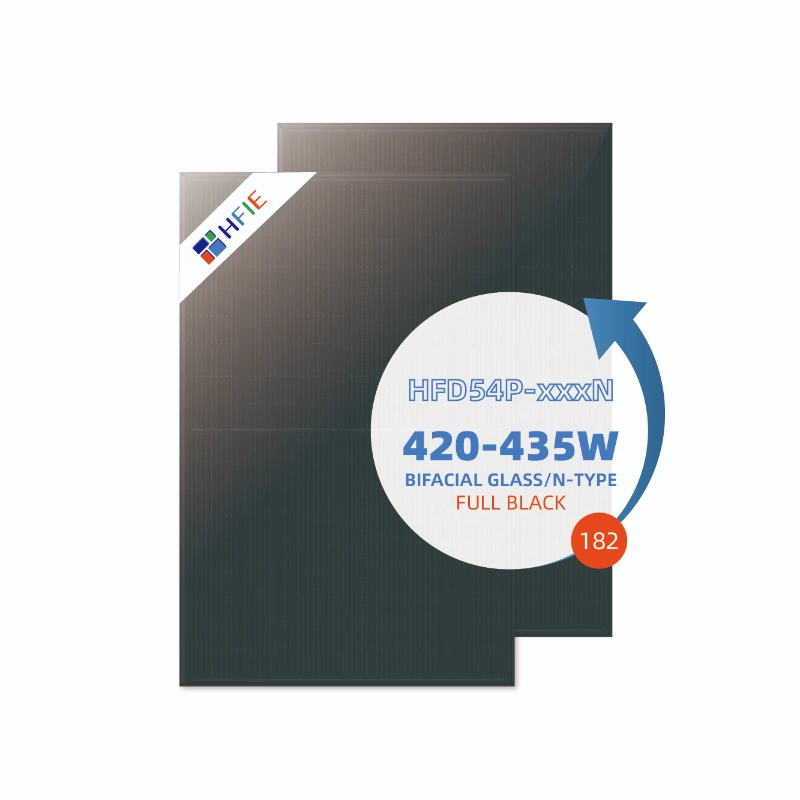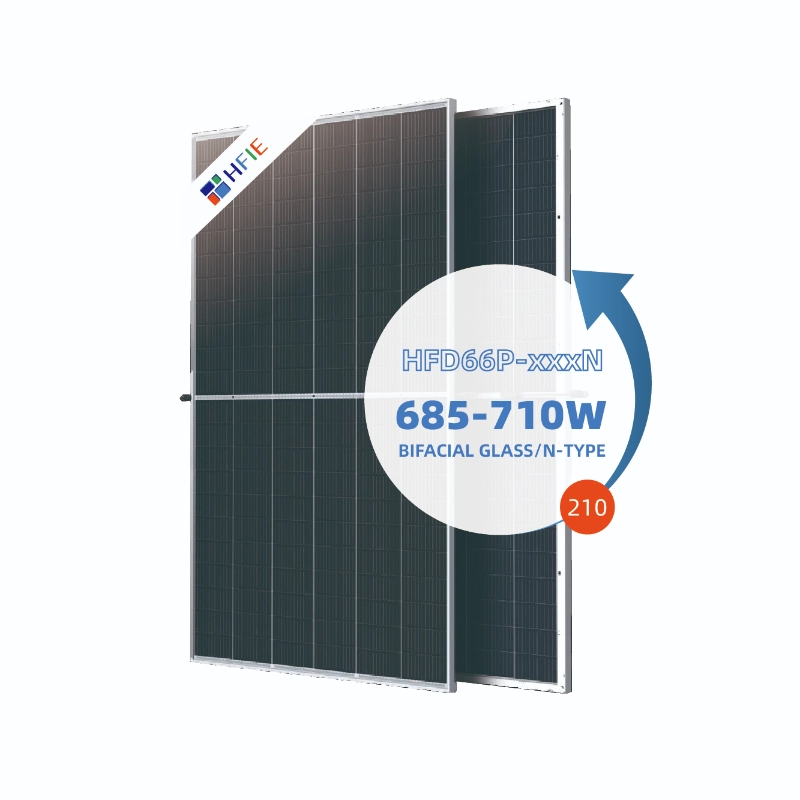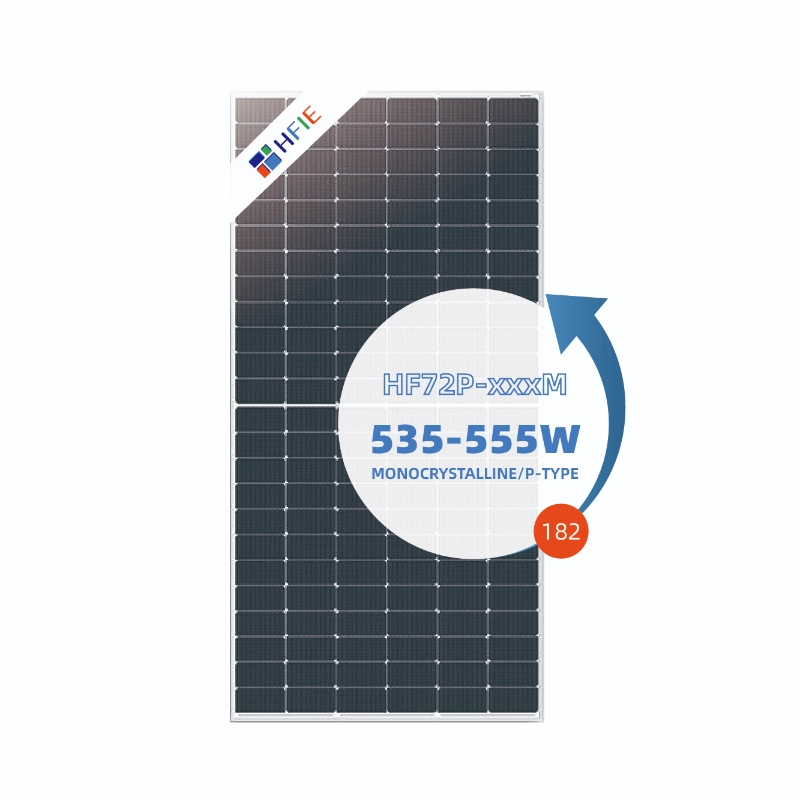Germany has long been a global leader in energy transition, committed to reducing its reliance on fossil fuels and promoting a future dominated by renewable energy. In this process, wind and solar energy have become central to the country’s power structure. However, the inherent intermittency and volatility of renewable energy have created unprecedented challenges for the stability of the German power grid and the continuity of energy supply. In this context, solar and energy storage solutions, particularly in residential energy storage and optimizing industrial energy supply, are becoming a core pillar in addressing these critical issues.
Residential Energy Storage: Empowering Households and Enhancing Grid Resilience
Germany has one of the highest rates of rooftop photovoltaic (PV) system adoption globally, with nearly every household equipped with solar panels. However, the intermittent nature of solar energy creates issues: there may be excess electricity during sunny periods, while at night or on cloudy days, there is a need to purchase electricity from the grid, leading to energy waste and increased grid strain.
Residential energy storage systems, often integrated with home solar PV systems, have become increasingly popular. These systems use advanced battery technology to store excess solar power generated during the day for use at night or during peak demand periods. This approach brings several benefits:
- Increasing Self-Sufficiency: By storing solar energy, households can make better use of their own clean energy, reducing their dependence on grid electricity and lowering electricity bills. Many households in Germany have raised their solar self-sufficiency rate from 20-30% to 70-80% or even higher.
- Optimizing Grid Load: Large-scale residential energy storage systems, when deployed together, can effectively reduce peak grid loads and relieve grid pressure, improving overall grid stability.
- Policy Support: The German government has actively promoted residential energy storage through various incentive policies. For example, the KfW Bank offers low-interest loans and direct subsidies for storage system installations, significantly lowering the initial investment burden for residents. Additionally, flexible electricity buyback policies encourage households to return excess power to the grid, further enhancing the economic appeal of energy storage.
As battery costs continue to decline and energy density improves, residential energy storage is no longer a luxury but has become an increasingly economical and essential part of household energy management, strengthening the resilience of the entire grid.
Industrial Energy Supply: Ensuring the Lifeblood and Supporting Green Development
For Germany’s powerful industrial sector, stable, reliable, and cost-effective energy supply is crucial to maintaining global competitiveness. As the country transitions to renewable energy, industrial enterprises face challenges in managing energy price fluctuations and grid uncertainties. Solar and energy storage solutions offer multi-dimensional innovative strategies for Germany’s industrial energy supply:
- Achieving Energy Independence and Resilience: Large-scale rooftop and ground-mounted solar power plants, along with megawatt- or even gigawatt-level energy storage systems, can be deployed in industrial parks or large factories to create internal microgrids. This enables businesses to continue operations using their own clean energy in the event of grid outages, ensuring operational continuity and significantly enhancing energy resilience.
- Optimizing Energy Cost Management: Industrial energy storage systems can take advantage of price arbitrage by charging during off-peak hours when electricity prices are low, and discharging during high-price peak hours, or using self-generated solar power, thereby reducing operational costs. Moreover, businesses can participate in demand response programs, reducing their electricity usage or discharging stored power during peak grid demand times and earning additional financial compensation.
- Supporting Sustainable Development: Using clean solar and energy storage solutions helps businesses significantly reduce carbon emissions, comply with stricter environmental regulations, and improve their green brand image and social responsibility. This is crucial for the increasingly sustainability-focused global market.
- Providing Grid Support Services: Industrial energy storage systems not only serve the businesses themselves but can also participate in providing essential grid services, such as frequency regulation and voltage support. They respond quickly to grid fluctuations, helping maintain grid stability and supporting the integration of large-scale renewable energy into the grid.
Many of Germany’s industrial giants have already recognized this trend and are actively investing in large-scale solar and energy storage projects to gain a competitive edge in the energy transition and secure their leadership in the global market.
Technological Innovation and Future Outlook
The rapid development of solar and energy storage technologies is a core driver of Germany’s energy transition.
- Battery Technology Advancements: In addition to the mainstream lithium-ion batteries, new storage technologies such as solid-state batteries and flow batteries are continuously evolving. These technologies offer significant potential in terms of safety, cycle life, and cost, and are expected to further reduce storage costs and improve system efficiency.
- Smart Grids and Digitalization: Smart grid systems, which combine artificial intelligence, big data, and the Internet of Things, can more accurately predict renewable energy generation and electricity demand, optimizing energy storage charging and discharging strategies. For example, blockchain technology could enable peer-to-peer energy trading, increasing energy efficiency and market transparency.
- Electricity Market Reform: To better integrate renewable energy and storage, Germany is continuing to reform its electricity market. This includes establishing more flexible ancillary services markets and capacity markets, providing more business models and revenue sources for energy storage systems participating in grid operations.
While the potential of solar and energy storage solutions is immense, there are challenges to overcome, including high initial investment costs, complex grid connection approval processes, and the need to upgrade existing grid infrastructure. However, these challenges are accompanied by significant opportunities:
- Technological Progress and Scale Production: Continued advances in technology and economies of scale will drive down costs, making solar and energy storage more competitive.
- Policy Enhancement and Market Innovation: Ongoing improvements in policies and market mechanisms will provide a more favorable business environment for industry development.
- Climate Change and Energy Security Needs: The increasing urgency of climate change and energy security demands will further boost investments in clean, resilient energy solutions.
Solar and energy storage solutions are integral to Germany’s energy transition, providing robust support for grid stability and energy supply. Whether it’s empowering households with residential energy storage or ensuring the vitality of industrial energy supply, this combined solution is accelerating Germany’s shift toward a clean, sustainable energy future. With continued technological innovation and policy optimization, solar and energy storage will undoubtedly play a key role in Germany’s energy transition, setting a global benchmark for the future of renewable energy.




